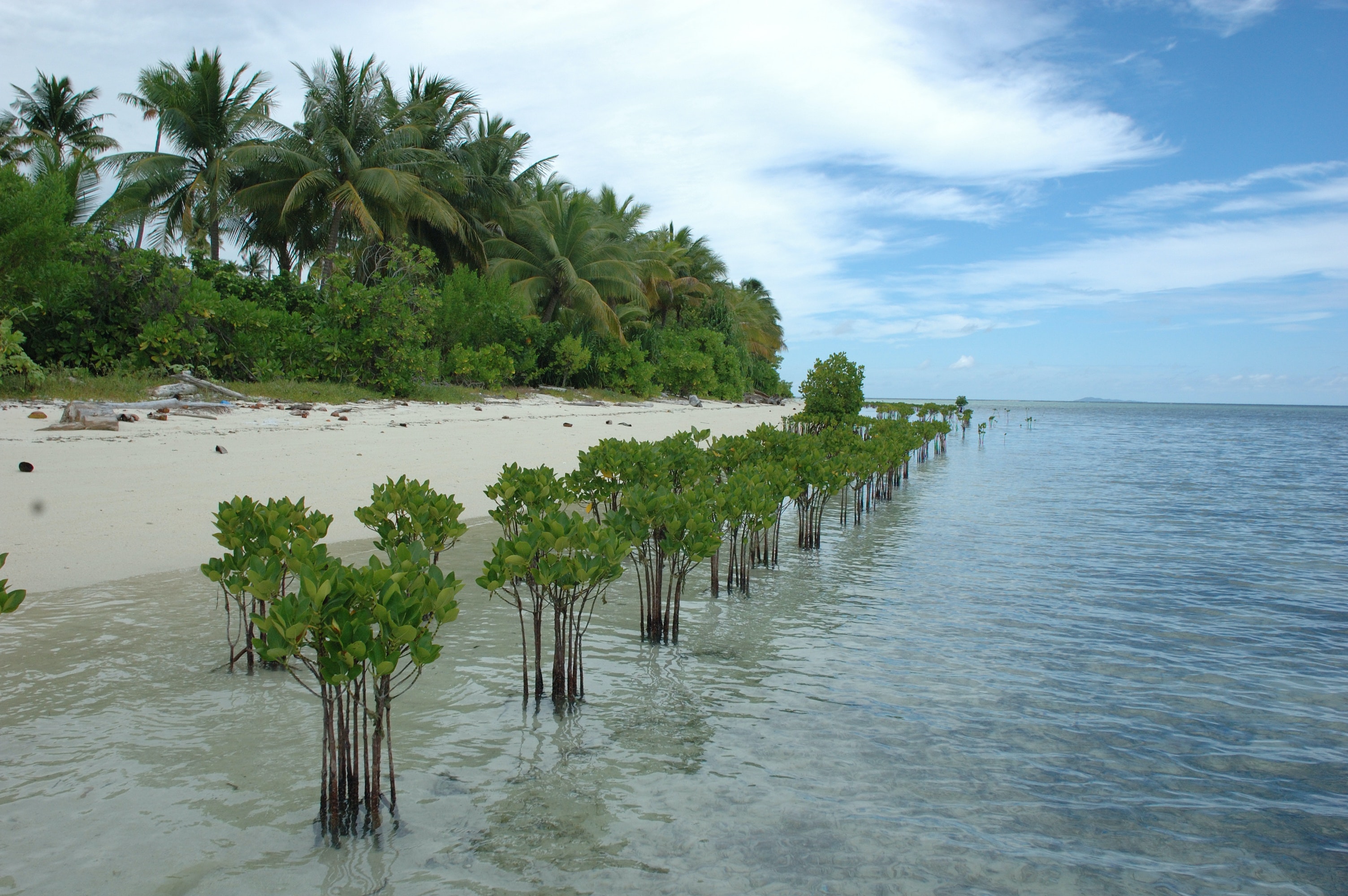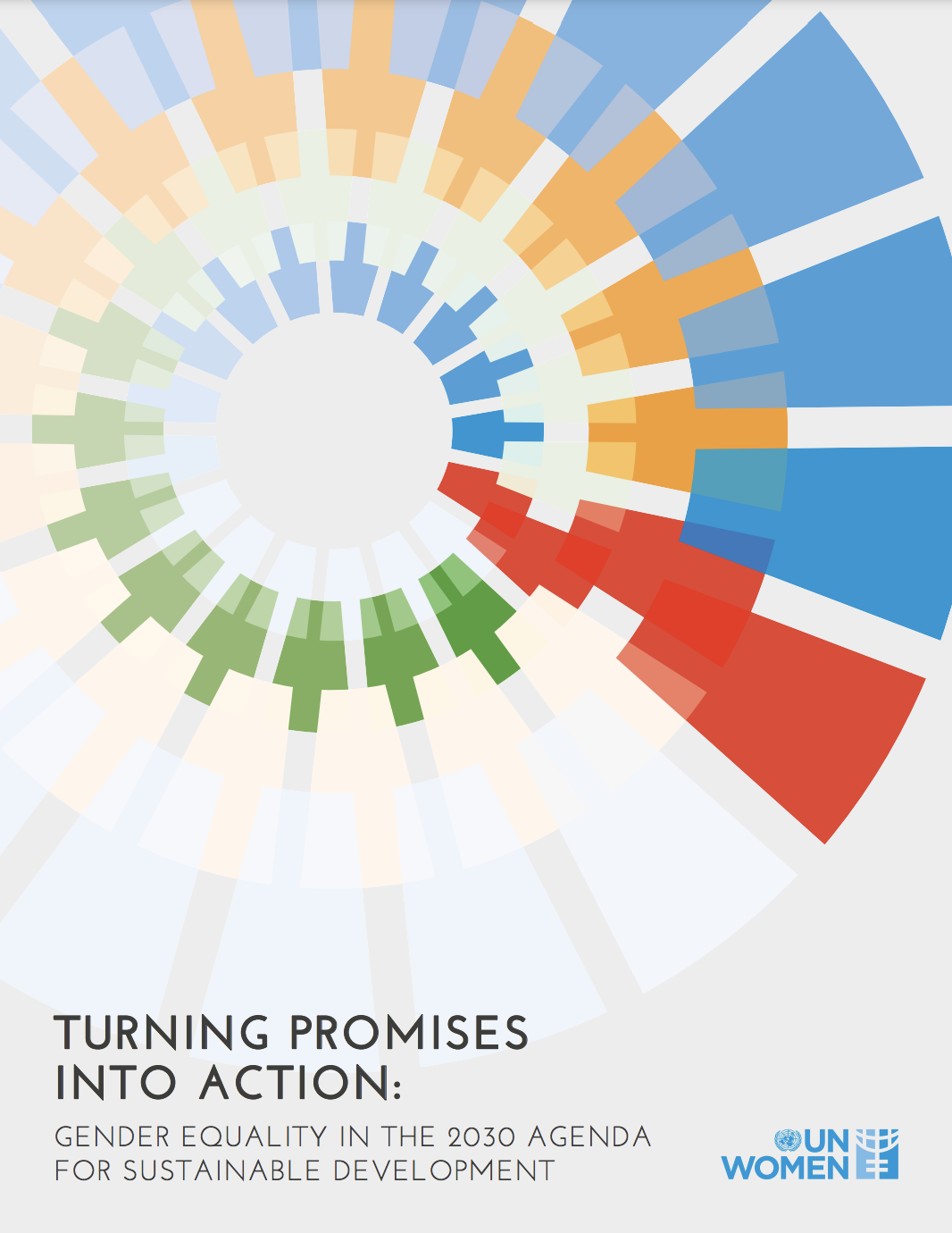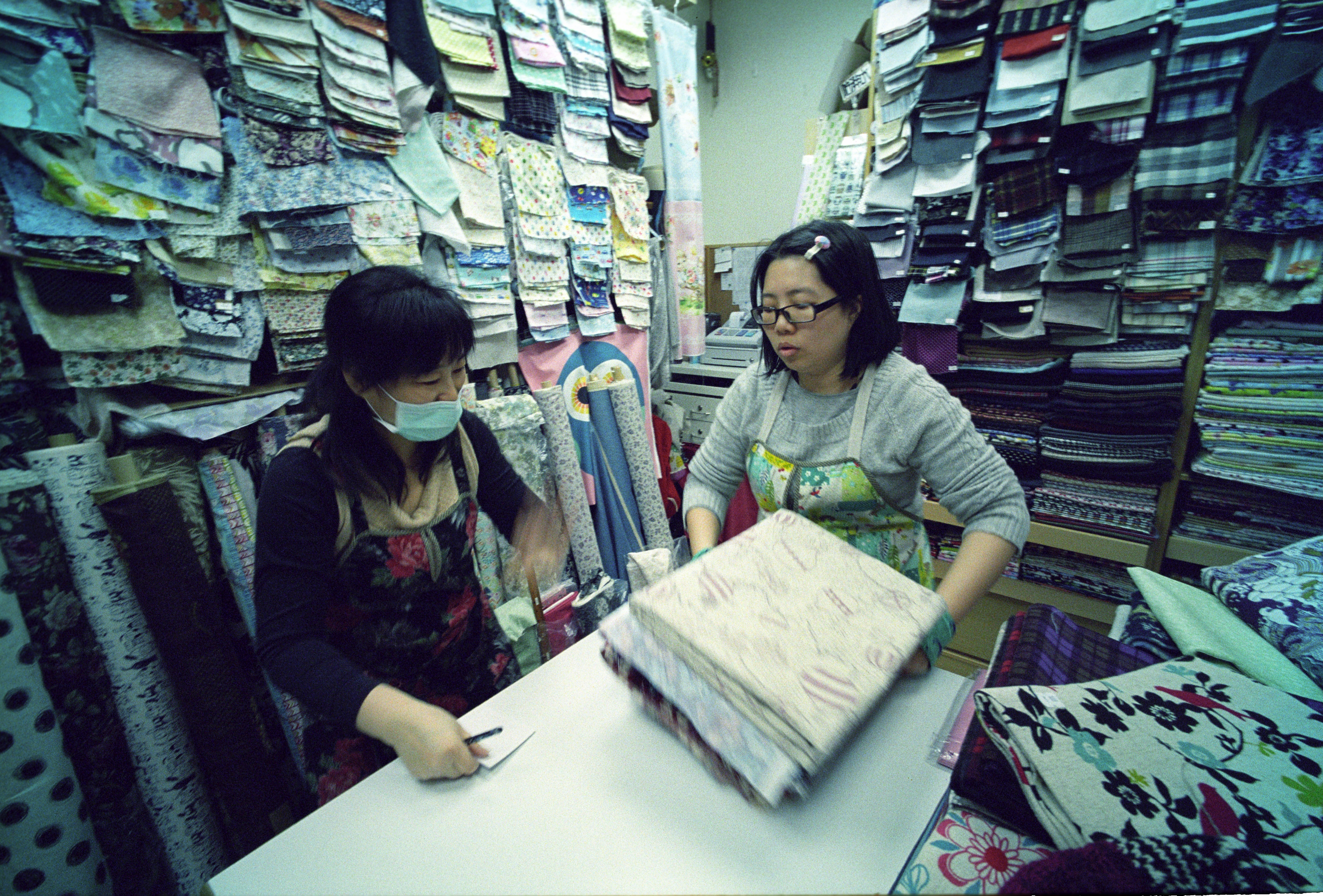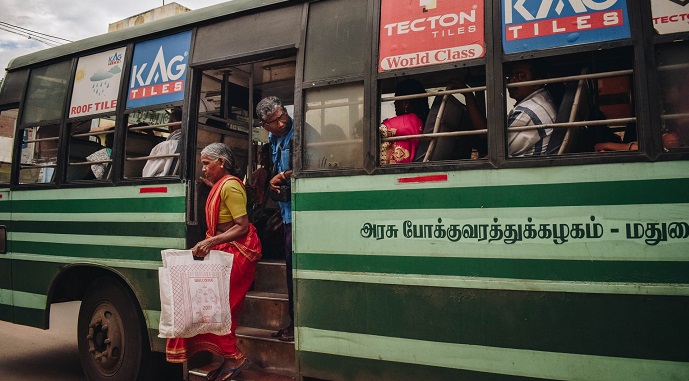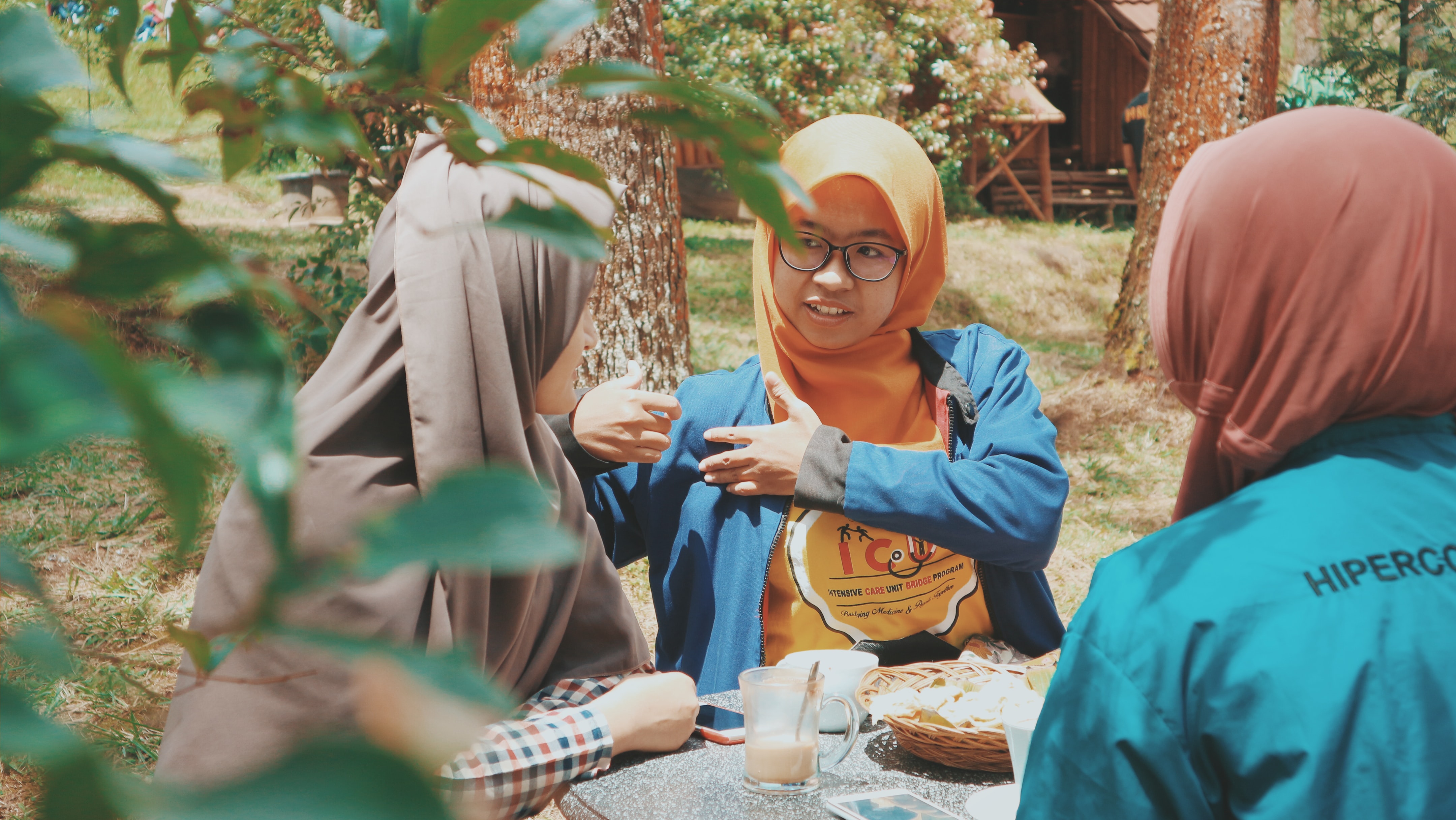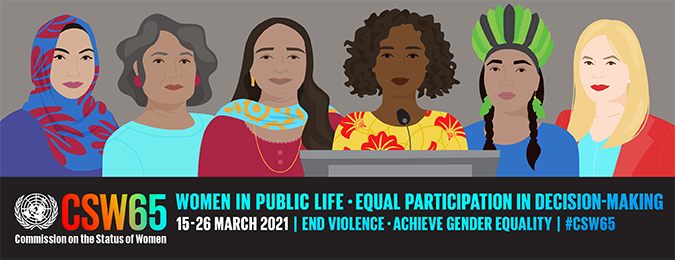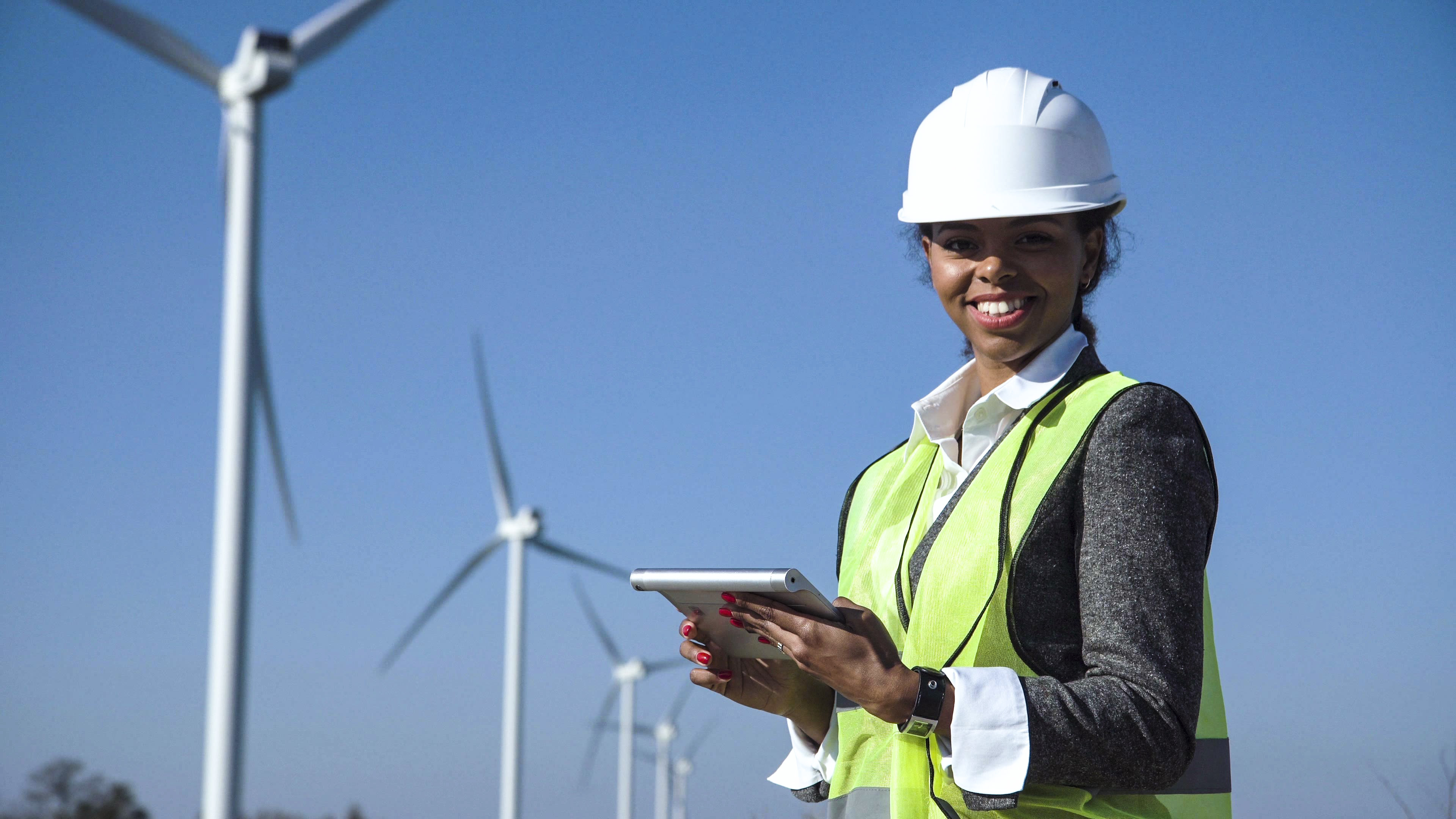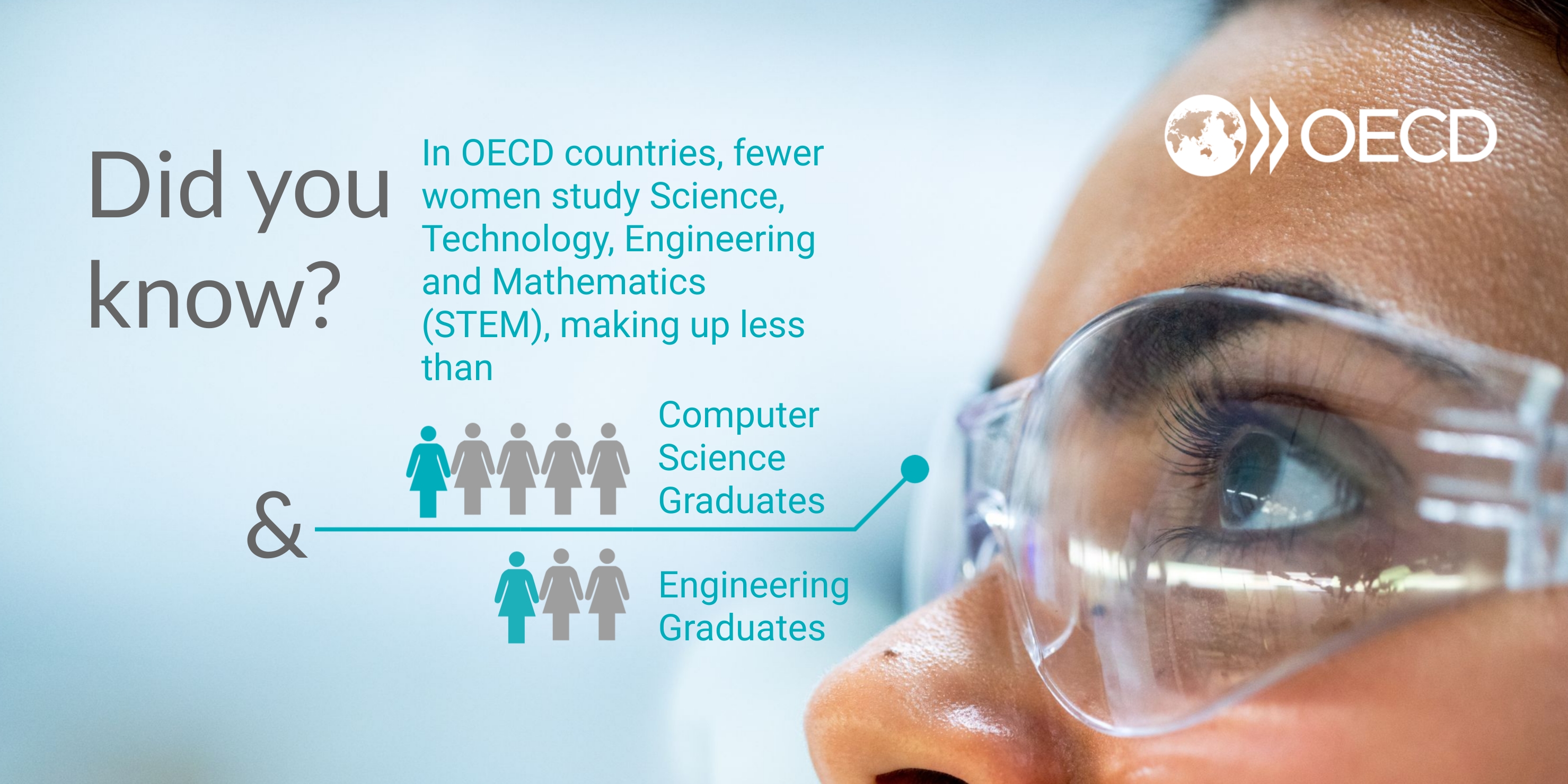Gender and Social Inclusion
Public - visible to all visitors to the platform.
Open to join - users can join this group without approval.
About this Discussion
Women play a critical role in sustaining communities and managing natural resources, but their contributions are often undervalued and neglected. Women are also more likely than men to live in poverty, and they are more vulnerable to the impacts of climate change and other environmental hazards, especially in developing countries. Because women tend to be more vulnerable to the impacts of natural resource degradation than men, environmental protection and green policies can help improve gender equality, with many economic and social co-benefits.
Numerous studies indicate that improving gender equality and women’s participation in the workforce can have a positive impact on economic growth. It can also enhance productivity, improve development outcomes for future generations, and increase the quality of societal policies and institutions, including more representative decision-making.
Achieving gender equality is so important that it is one of the 17 UN Sustainable Development Goals, which aims to redress the disproportionate impact on women and girls of economic, social and environmental shocks and views women as central actors, recognizing that their knowledge and collective action can improve resource productivity and encourage the sustainable use of natural resources.
To ensure a just transition towards green economies, it’s also critical to maximize social co-benefits and embed inclusion, which means ensuring that all—across gender, age, income levels, geographies—have access to opportunities and can participate meaningfully in this sustainable economy. This notably includes inclusive circular economy and just transitions policies, supporting integration of informal workers, empowering women and youth, and strengthening small enterprises and community actors.
This community discussion aims to explore how we can ensure gender and social inclusion and equitable access to its benefits, such as employment, entrepreneurship opportunities, and participation in inclusive value chains.
Upcoming Events
Informative message
Gender and Social Inclusion
Created a Post in Forestry, Gender and Social Inclusion
Created a Post in Gender and Social Inclusion
Created a Post in Climate Change, Gender and Social Inclusion
Created an Event in Sustainable Finance, Gender and Social Inclusion
Created a Post in Gender and Social Inclusion, Transportation and Mobility
Created an Event in Energy, Climate Change, Gender and Social Inclusion
Created an Event in Gender and Social Inclusion
Created an Opportunity in Energy, Gender and Social Inclusion
Mentoring Programme: Energising Women to Advance the Energy Transition
Created a Post in Energy, Gender and Social Inclusion, Green Recovery from COVID-19
Created a Post in Cities and Urban Development, Gender and Social Inclusion
